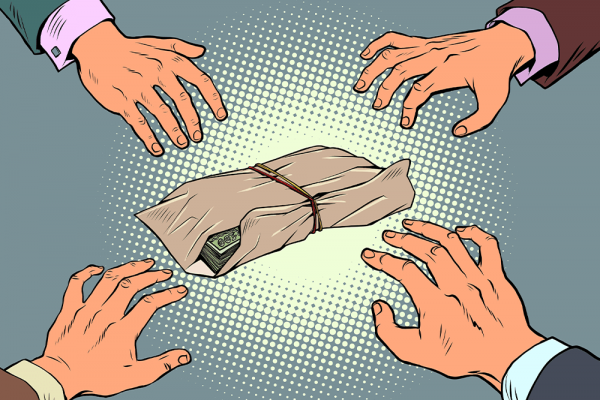Aug 22, 2022
Overall, according to the Economic Policy Institute, it’s estimated that employers steal around $15 billion in wages from workers’ paychecks each year. However, an important caveat here is that $15 billion is only what is reported. Wage theft is likely even more widespread, with many cases going unreported.
Read the Full Article

Already a subscriber? Login
